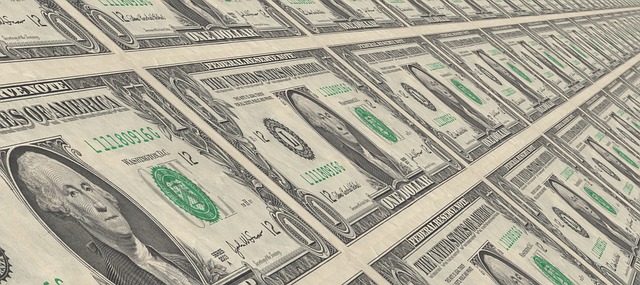
Markets may be betting on the greenback to scale new heights, but chances are now is the time to go short, Adrian Zuercher, head of asset allocation for Asia at UBS, said on Thursday.
The dollar has surged in the wake of Donald Trump's surprise election win in the U.S. and as the U.S. Federal Reserve surprised markets at its meeting last week by indicating it would likely hike rates three times next year, a faster rate of tightening than the widely expected two times.
On Wednesday, the U.S. dollar index, which measures the greenback against a basket of currencies, extended recent gains, touching 103.65, according to Reuters data, its highest since December 2002. The dollar index retreated to 102.97 at 10:43 a.m. HK/SIN on Thursday. But Zuercher said the gains may sputter soon.
"We actually think the U.S. dollar is highly overvalued at this stage and particularly over the past couple of weeks," Zuercher told CNBC's "Squawk Box" on Thursday. "The rally is unjustified."
Zuercher said that after a four-year-long rally in the greenback, it's become overvalued against the G10 currencies, potentially by as much as 15-20 percent against the euro and 30 percent against the yen.
To be sure, Zuercher acknowledged that Trump's policies, if enacted, will likely spur higher inflation, pushing up U.S. interest rates and supporting the greenback.
But he added there was a flip side to that.
"We also think inflation in Europe will go up, inflation in Japan will go up and they will start to reduce quantitative easing, which should be positive for these two currencies," Zuercher said.
The Bank of Japan has signaled that its bond purchases may eventually taper as it shifted to a yield-curve control paradigm in September, targeting keeping the benchmark 10-year Japan government bond yield at zero. That theoretically should mean the central bank can buy fewer bonds as it would only need to time its purchases for when the yield curve moves away from its target.
U.S. government finances would also play a role in damping dollar enthusiasm, Zuercher noted.
"If Mr. Trump wants to spend more, he has to finance it, so fiscal deficits should become more negative. That's historically not something positive for a currency, also not for the U.S. dollar, and I think this will also start to weigh on the currency."
Zuercher also noted that the market was currently already pricing in two Fed rate hikes for next year, which matched UBS' expectations for the central bank. That suggested that the dollar may not rise further if a third hike doesn't eventuate.
Expectations that the dollar won't continue to rise helped to drive UBS' market picks for the year ahead.
For one, UBS is positive on Asia ex-Japan equities, which have been hit by outflows as the U.S. dollar has spiked higher.
"That could be an additional boost for Asia once the U.S. dollar strength starts to roll over," he said.
Zuercher also pointed to forecasts for producer prices to grow after as many as five years of deflation across Asia, particularly in China.
"That should be a boost for corporates, bringing back earnings power. Return on equity should go up and we think Asia will have double-digit earnings growth next year. [It] should be around 11 percent," he said.
UBS was also positive on European high-yield bonds.
"We think European companies will have solid earnings growth next year," he said. "If you look at valuation on European high-yield spreads, I think they're attractive."
Zuercher also expected quantitative easing would continue to support the segment, despite moves by the central bank to taper the asset purchases.
Earlier this month, the European Central Bank (ECB) said it would continue its asset-buying program after the expected expiration date in March 2017 until at least December 2017, but it surprised by saying it that in April, the quantum of purchases would drop to 60 billion euros ($62.64 billion) a month from 80 billion euros currently.
"There's still 60 billion euros out that will start to buy corporate bonds, particularly the investment grade side," he said. "That should basically also lead to more purchases form market participants in the high yield space."
